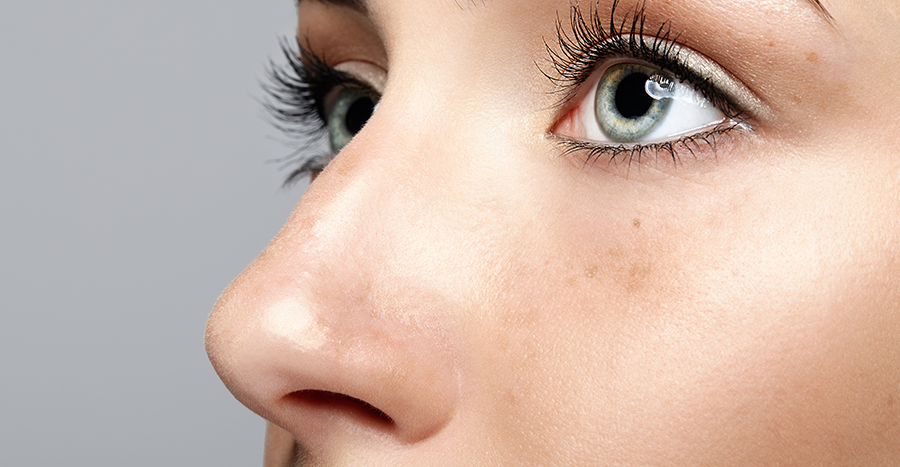Smell Something? Smell Nothing? Changes in Smell Sense

Smell loss is certainly in the news lately with the Coronavirus Pandemic, but in reality ENT’s see loss of smell (“anosmia“), reduced smell (“hyposmia“), and smelling false smells (“phantosmia“) all the time. The sense of smell also contributes to the overall flavor of the food we eat. And we know that when someone “loses their taste” that their sense of smell is doing very poorly! [as an aside, many would say that I lost my taste years ago with my sweater and sneaker choices 🙂 ]
The nerve endings in the roof of our nose, the olfactory nerves, are capable of detecting tens of thousands of different airborne chemicals. Triggering these nerve endings, alone or in combinations with each other, gives us smell. Our tongue on the other hand can only detect about 5 flavors (bitter, salty, sour, sweet, umami, and arguable piquant).
The loss of smell can have medical implications, such as putting you at risk of eating rotten food or not being able to detect a natural gas leak). However more commonly loss of smell can have emotional impacts (loss of pleasure in eating and drinking), uninteneded weight loss, occupational problems (such as the somelier or chef who loses smell). The loss of smell has also been linked to development of dementia or cognitive decline later in years.
Smell loss most commonly happens from viral infection, prior to 2020 this was usually a cold virus or influenza. Usually smell loss happens just from physical blockage/swelling the nose. However some viruses cause the smell nerves to swell and die directly, which may be permanent. Many people with coronavirus will notice loss of smell even without severe sinus congestion (so far most patients are getting most of their smell back).
Rarely vitamin deficiencies, or even brain problems (tumors, stroke, multiple sclerosis) can cause smell loss. Also zinc-containing nasal sprays (a thing of the past) were linked to loss of smell. We recommend a visit if you have had your smell lost, or changed drastically. Many people may sense they are smelling smoke or “burning plastic” often. Our office will assess you for simple sinus infections that could be treated, and usually recommend imaging (CT or MRI) to ensure no other abnormalities are present. We can also perform an objective measure of smell with a validated testing instrument (a fancy scientific scratch-and-sniff test).
If left untreated, about half the patients with severe smell loss for a week will get significant recovery.
